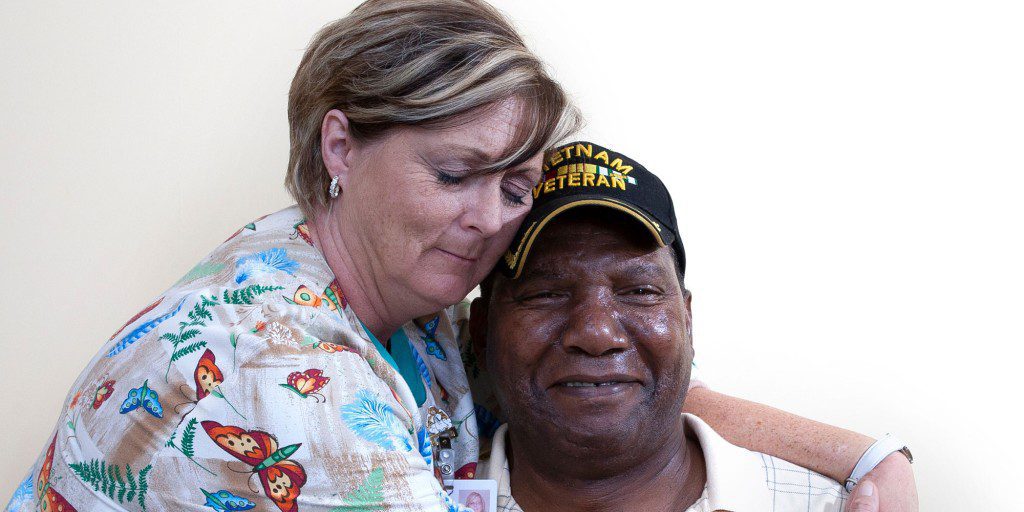Veterans have made significant sacrifices for our country, and it’s important that we do everything we can to support them as they adjust to life after service. One area of concern for many veterans is addiction, as a significant number of veterans struggle with substance abuse and other forms of addiction.
Addiction Treatment for Veterans

Addiction can be a particularly difficult problem for veterans, as they may have unique stressors and triggers that contribute to the development of addiction. For example, veterans who have served in combat may have experienced traumatic events that can make them more susceptible to addiction. Additionally, veterans may have difficulty adjusting to civilian life, which can lead to feelings of isolation and depression that can contribute to addiction.
There are a number of factors that can contribute to addiction in veterans. Some veterans may turn to alcohol or drugs as a way to cope with the stress and trauma they have experienced while in service. Others may develop an addiction after being prescribed opioids or other medications to treat pain or other conditions.
Whatever the cause of addiction, it’s important that veterans receive the support and treatment they need to overcome it. There are a number of different treatment options available for veterans, including inpatient and outpatient programs, therapy and counseling, and medication-assisted treatment.
One of the most effective ways to help veterans overcome addiction is through therapy and counseling. This may include individual therapy, group therapy, or family therapy. These types of treatments can help veterans work through the underlying issues that contribute to addiction, such as trauma and stress. They also provide veterans with the opportunity to connect with others who understand the unique challenges they are facing.
Medication-assisted treatment (MAT) is another effective option for veterans struggling with addiction. MAT involves the use of medications, such as buprenorphine or methadone, to help veterans reduce cravings and withdrawal symptoms while they work to overcome addiction. These medications can be used in combination with therapy and counseling to provide a comprehensive approach to treatment.
Alternate Therapies for Addiction Treatment and Veterans

In addition to these traditional treatment options, there are also alternative therapies and support groups that can be helpful for veterans. For example, equine therapy, which involves working with horses, has been found to be beneficial for veterans struggling with addiction. Yoga, meditation and mindfulness techniques can also be helpful in reducing stress and anxiety, which can contribute to addiction.
Another way to support veterans is through the provision of benefits and services to them. Department of Veterans Affairs (VA) offers a wide range of benefits and services for veterans, including health care, education and training, and disability compensation. These benefits can help veterans access the care and treatment they need to overcome addiction and improve their overall well-being.
Overall, addiction is a serious issue for many veterans, and it’s important that we do everything we can to support them as they work to overcome it. Whether through therapy and counseling, medication-assisted treatment, or alternative therapies, veterans deserve access to the care and treatment they need to overcome addiction and improve their overall well-being. Additionally, providing veterans with the benefits and services they have earned will help them overcome the challenges they face.
Am I a Candidate for Treatment at Heroes’ Mile?
Heroes’ Mile is designed for military service veterans who are experiencing problems with addiction and other psychological conditions related to substance abuse. Many veterans may also have a secondary diagnosis of co-occuring post traumatic stress disorder. We provide treatment to males and females, 18 years of age and older with primary substance abuse disorder. Let us help you with your addiction recovery today







